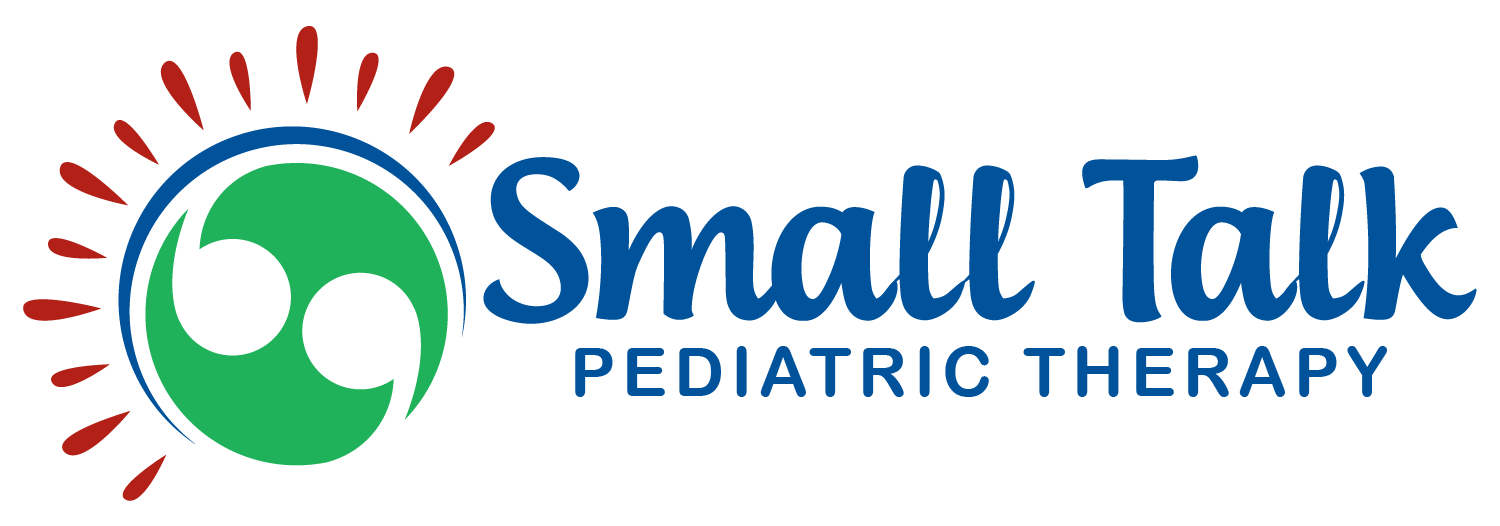Did you know language development starts early?
- Language development begins in the womb. Infants less than an hour old can tell the difference between the language of their parents and a foreign language.
- Children are born wanting to talk and communicate with the adults in their lives—that’s you!
- The first year of life is critically important for language development, even though many babies do not say any words during this period.
- How, and how much, you talk to your children from birth to age three has a huge influence on their language skills in school.
- Babies can communicate many of their needs and wants before they start talking, and how you respond can help them learn the words and phrases they will use later.
In early elementary grades (K-2)
- Talk with your child frequently
- Read a variety of books; read often and talk with your child about the story
- Help your child focus on sound patterns of words such as those found in rhyming games
- Have your child retell stories and talk about events of the day
- Talk with your child during daily activities; give directions for your child to follow (e.g., making cookies)
- Talk about how things are alike and different
- Give your child reasons and opportunities to write
In later elementary grades (3-5)
- Continue to encourage reading; find reading material that is of interest to your child
- Encourage your child to form opinions about what he or she hears or reads and relate what is read to experiences
- Help your child make connections between what is read and heard at school, at home, and in other daily activities
- Talk aloud as you help your child understand and solve problems encountered in reading material
- Help your child recognize spelling patterns, such as beginnings and endings of words (e.g., pre- or -ment)
- Encourage your child to write letters, keep a diary, or write stories
If you have any concerns with your child’s speech and language development please contact Small Talk Pediatric Therapy for a free screening. 208-996-0552
